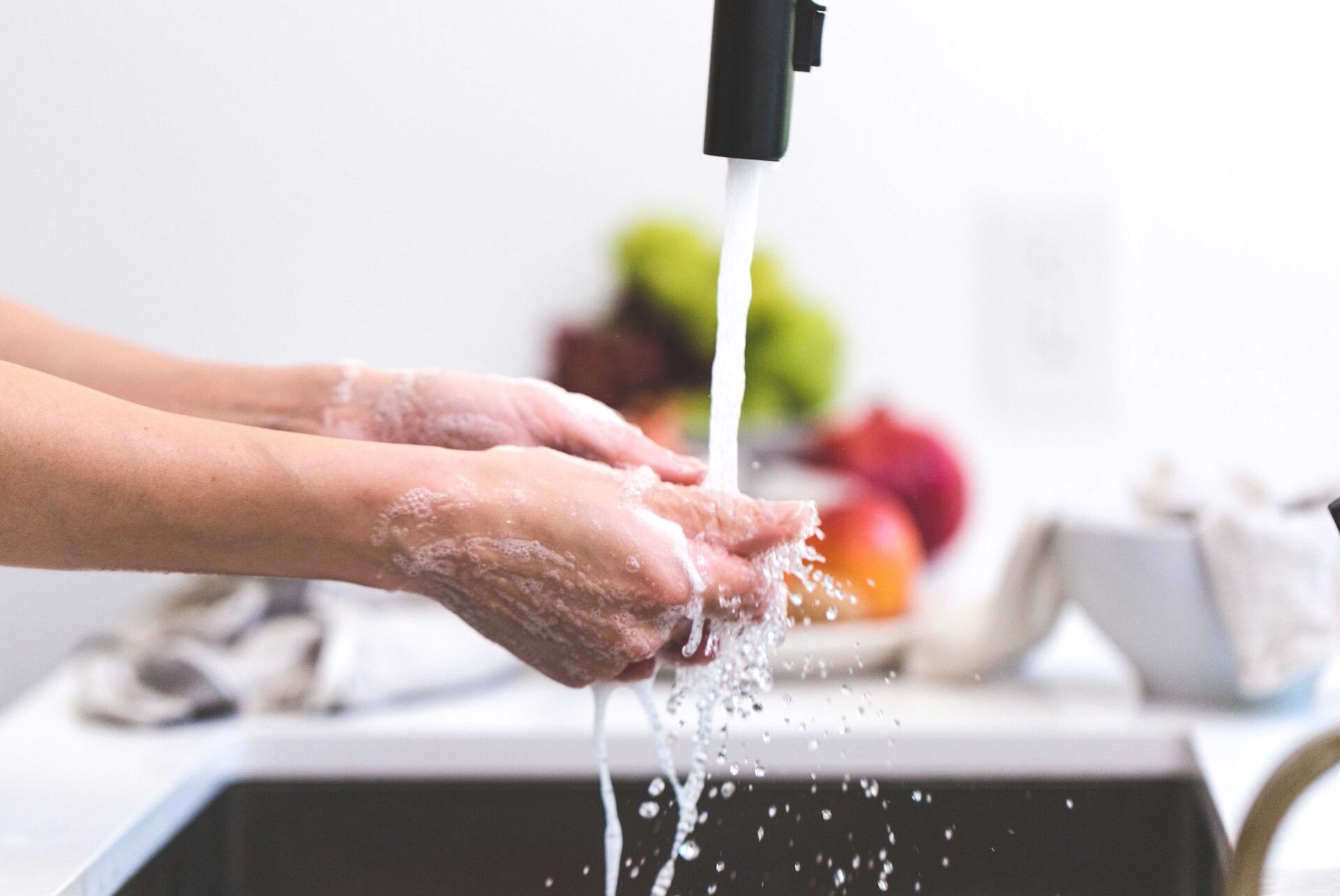7 myths about UV water filters
Over the years, ultraviolet (UV) technology has seen many significant advancements in its applications and opportunities. Despite the considerable progress achieved, certain misconceptions have managed to persist alongside these developments. In this context, it is essential to have accurate information about UV disinfection. In this following article, UV Water Filter looks to bust open some 7 myths about UV water filters within the water treatment sector.
NB:
In the context of this article, the terms “UV disinfection systems” and “UV equipment” are used interchangeably with the term “UV water filters.” Despite the prevalent use of the term “UV water filters,” it’s important to note that these systems do not perform traditional water filtration. Instead, the term has become widely adopted to describe a UV disinfection system or UV unit. Within these units, UV light plays a pivotal role by rendering bacteria inert, although it doesn’t physically remove them from the water. This process eliminates their ability to reproduce, resulting in water that is deemed safe for consumption.
Let’s address these 7 myths about UV water filters:
Myth 1: UV disinfection equipment is not energy efficient.
Fact: UV disinfection does require a certain amount of energy, and its electrical efficiencies are lower compared to some alternatives. However, it is still a cost-effective disinfection method, offering numerous benefits.
Myth 2: UV lamps are difficult to dispose of due to mercury content.
Fact: UV lamps do contain mercury, which can be hazardous. However, responsible disposal is straightforward. You can take your old UV lamps to a local recycling centre to ensure proper handling and environmental safety.
Myth 3: UV lamps pose risks to users, including exposure to UV-C radiation and emissions causing algal growth.
Fact: UV lamps are designed with safety in mind. Properly installed and maintained systems minimise the risk of exposure to harmful radiation or emissions. UV disinfection is a safe method when used correctly.
Myth 4: UV disinfection lamps frequently burn out and require frequent replacement and maintenance.
Fact: UV disinfection lamps have a finite lifespan, and periodic replacement is necessary. However, with proper maintenance and cleaning, their longevity can be maximised. UV disinfection systems are reliable and require minimal maintenance.
Myth 5: UV disinfection equipment is not cost-effective for virus inactivation and residual.
Fact: UV disinfection is a highly effective method for virus inactivation and residual control. It offers a cost-effective solution, especially when considering the long-term benefits and reduced reliance on chemicals.
Myth 6: Microorganisms can re-activate after undergoing UV disinfection.
Fact: UV disinfection is a powerful method that effectively deactivates microorganisms. Once properly treated, the risk of reactivation is minimal.
Myth 7: UV disinfection systems require extensive validation and testing for commercial use.
Fact: While UV disinfection systems do require validation and testing, the process is well-established and not overly burdensome. Manufacturers and UV specialists ensure compliance with industry standards and regulations.
The benefits of UV disinfection
In reality, UV disinfection is a cost-effective, reliable, and user-friendly method for water disinfection in both domestic and commercial settings. It offers a great alternative to other disinfection methods.
UV disinfection systems provide the following benefits:
- Energy efficiency
- Reliability
- Cost-effectiveness
- User-friendliness
- Chemical-free operation
- Safety
- Minimal maintenance requirements
- Clean operation
- Environmental friendliness
If you still have doubts, you can compare UV disinfection treatment to the traditional method of chlorine and see how they stack up.
For any questions or concerns about UV disinfection setup, maintenance, replacement parts, labour, safety, or costs related to UV water disinfection or other water disinfection methods, feel free to contact UV Water Filter’s team. They will be more than happy to assist you.
Tel: 01480 355 446
Email: info@uvwaterfilter.co.uk
We also have a very useful FAQ and How to video section that may be of assistance too.

